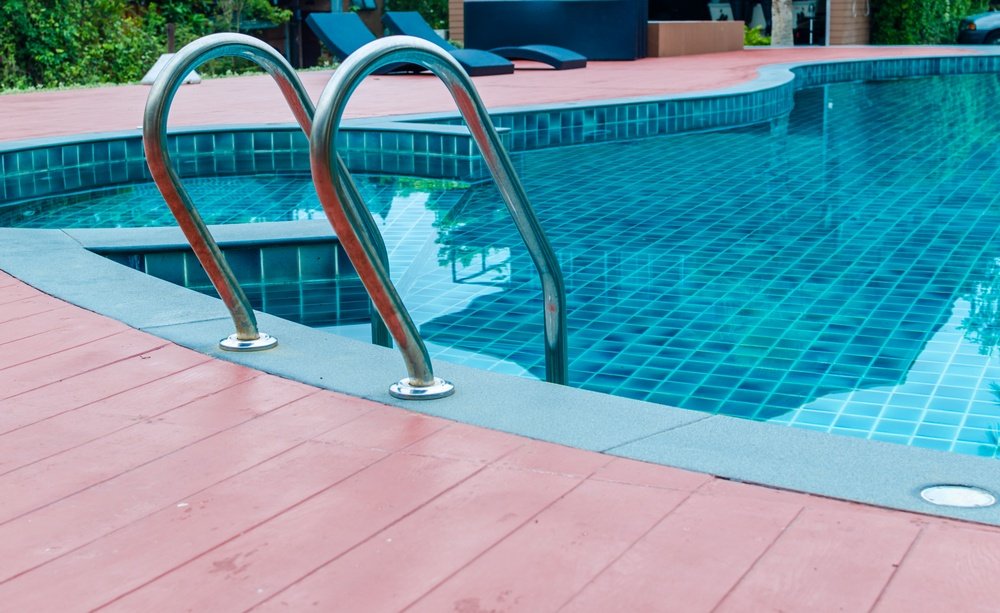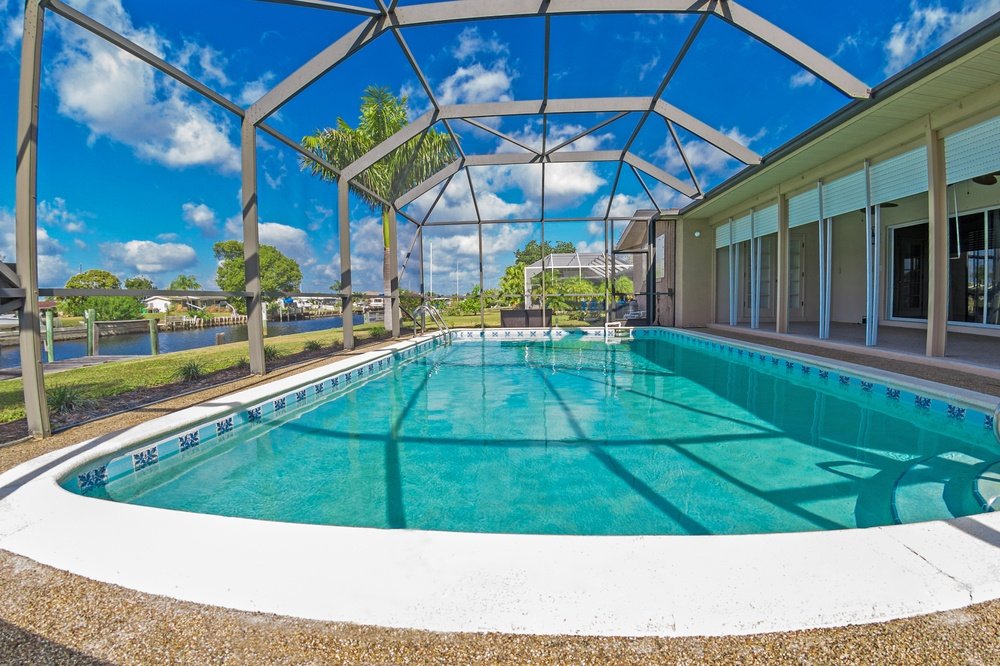How To Make Your POOL Energy Efficient

Now that it’s officially pool season, it’s time to consider how much energy goes into keeping your pool full, clean and heated. This summer, swim without a guilty conscience by making your pool more energy efficient with these tips:
Make These Simple Switches
Switch the pool pump.
Pool pumps are used to circulate the water, and many times, homeowners are using a pump that is too large for their pool. Why does this matter? The bigger the pump, the more energy that it requires to operate. According to the Department of Energy, residential pools can typically operate efficiently with a 0.75 horsepower pump. If your pool is using a larger sized pump, consider switching to this size to cut back on your energy usage.
Stop These Bad Habits
Heating the pool year-round.
How many days of the year do you actually use the pool? Even though very few homeowners use their pools on a daily basis, many of them choose to keep their pools heated at all times. To save energy, turn off the heater or dial down the temperature when you know you won’t be using the pool in the next few days. For example, if you plan on taking a family vacation, save energy by turning the heater off until you return.
Leaving the pump on.
The pump plays an important role in keeping debris out of the pool and making sure that cleaning chemicals are thoroughly mixed within the water. However, the pump does not need to run 24 hours a day to do these jobs. Try cutting back to only six hours a day and see if you notice any difference in the appearance of the pool. If your pool tends to gather debris quickly, you may need to keep the pump on longer than six hours. Try increasing the time in half hour increments and stopping when you notice the pool is clean. By cutting back on how long you keep the pump on, you will drastically reduce your pool’s energy use.
Tackle These Projects
Install a pool cover.
Many people believe that pool covers are used just to keep debris out of the water, but that’s not the case. Covering your pool can help to prevent evaporation—one of the biggest sources of energy use when it comes to pools—and retain heat. It’s estimated that pool covers reduce heating costs by between 50-70% and the amount of water used by 30-50%.
 Install a solar pool heater.
Install a solar pool heater.
Solar pool heating systems come with a solar collector, filter, pump and flow control valve. Water is pumped through the filter to remove debris and dirt and then sent to the solar collector. Here, water is heated up using solar energy and brought back into the pool. Although the initial cost of installing a solar heater can range between $3,000 and $4,000, it will pay for itself over the next few years. In fact, a solar pool heater is more cost efficient than both a gas and heat pump pool heater, so this is a decision that you definitely won’t regret.
Next time you take a dive into the deep end, think about which one of these energy efficient changes you want to make to your pool!


